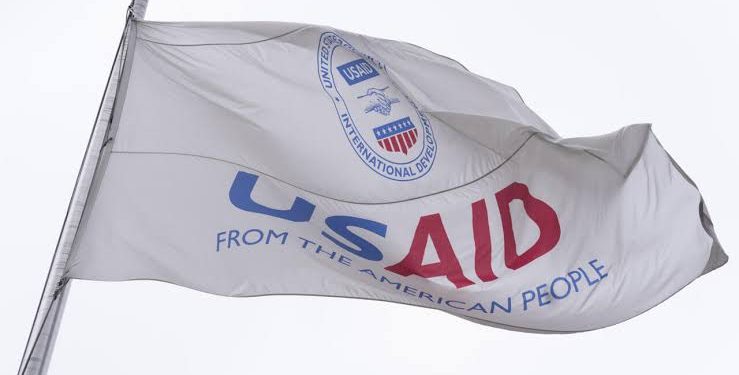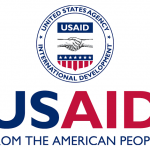The withdrawal of humanitarian aid by the United States Agencyfor International Development (USAID) is expected to disrupt essential services in Nigeria’s crisis-hit northeastern states, sparking concerns among stakeholders.
The decision, which follows a U.S. government policy shift, will significantly impact healthcare, education, food security, and emergency response in Borno, Yobe, and Adamawa states, leaving thousands of vulnerable people without support.
Stakeholders warn that the withdrawal will worsen the humanitarian crisis, particularly affecting internally displaced persons (IDPs), women, and children. Dr. Jalo Muhammed, Director of Rescue Operations at the Yobe State Emergency Management Agency (SEMA), described USAID’s support as invaluable, stating that the “stop work order” had severely disrupted multiple sectors, including water and sanitation, protection services, and livelihoods.
Several humanitarian organizations have already been affected, including the Federation of Muslim Women’s Association in Nigeria (FOMWAN), Hope for Street Children and Vulnerable People, Wadata Relief Care Initiative (WRCI), and Plan International. Global agencies such as the World Food Programme (WFP) and the World Health Organization (WHO) have also seen operations in the region constrained.
Over 200,000 people, including children and flood-affected communities, have been left without critical assistance. Programs addressing polio eradication, HIV treatment, gender-based violence (GBV) response, and nutrition have been among the hardest hit.
With humanitarian groups forced to halt or scale down operations, concerns are mounting that the region’s already fragile situation could deteriorate further, increasing suffering among those most in need.










